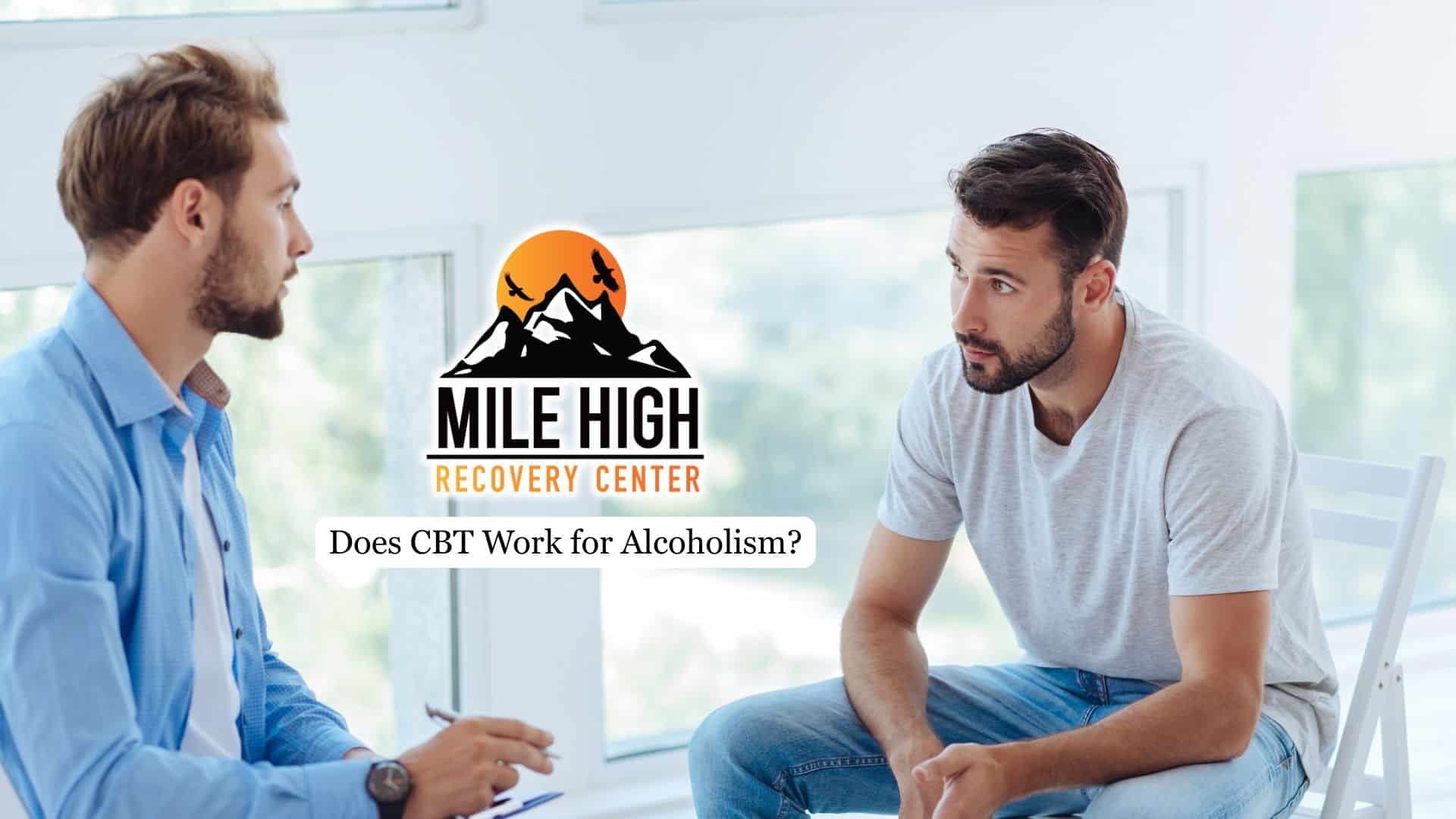Cognitive Behavioral Therapy (CBT) is a widely recognized behavioral treatment for alcohol use disorder and other substance use disorders. As an evidence-based treatment, CBT aims to help individuals identify and change patterns of thinking and behavior that contribute to their addiction. Understanding how CBT works and its effectiveness for alcoholism is essential for those seeking comprehensive addiction treatment.
In this article, we explore the principles and components of CBT, review research on its effectiveness for alcohol and drug use disorders, and discuss when and how this form of therapy works best.

What Is Cognitive Behavioral Therapy?
Cognitive Behavioral Therapy is a form of therapy focused on the interplay of thoughts, emotions, and behaviors. It includes components such as functional analysis, self-monitoring, and skill-building to promote behavioral change and relapse prevention. This typically involves identifying high-risk situations, learning coping mechanisms, and developing skills to resist urges to drink or use drugs.
At Mile High Recovery, we believe that integrating CBT in the addiction treatment plan tremendously enhances the productivity of the recovery journey and helps individuals intentionally break the cycle of alcohol and substance use.
How Does CBT Work for Alcoholism?
CBT for alcohol use disorder works by helping individuals identify triggers and negative beliefs related to their alcohol consumption. Cognitive and behavioral strategies are used to modify these thoughts and develop healthier coping skills. Common strategies include managing cravings, refusal skills training, mood regulation techniques, and planning for relapse prevention.
CBT sessions may be delivered individually, in groups, or via computerized cognitive-behavioral therapy platforms. These interventions empower individuals with substance use problems to take active control over their behaviors, promoting lasting change.
Effectiveness of CBT for Alcohol Use Disorder
Extensive research, including randomized controlled trials, supports the effectiveness of CBT for alcohol dependence and other substance use disorders. Meta-analyses of numerous controlled trials show that CBT results in better substance use outcomes compared to minimal or no treatment, with treatment effects also comparable to other empirically-supported therapies. For example, studies indicate that about 58% of patients receiving CBT for alcohol and drug use disorders achieve better outcomes than those in control groups.
Combination approaches integrating CBT with other psychosocial therapies or pharmacotherapy tend to yield even stronger results. While CBT is effective in reducing alcohol consumption and improving psychosocial functioning, it is most effective when tailored to individual needs and delivered as part of a comprehensive treatment program.
When Is CBT Most Beneficial for Alcoholism?
CBT is particularly beneficial for individuals motivated to reduce or stop alcohol use and those ready to engage actively in therapy. It works well as a standalone treatment for mild to moderate addiction and is often combined with other treatments, such as medication or motivational interviewing, for enhanced effect.
Patients with co-occurring mental health disorders may also benefit from customized CBT approaches addressing both conditions. However, this type of therapy might be less effective for individuals unwilling or unable to participate fully, or those with severe addiction requiring more intensive care.

Pros and Cons of CBT for Alcoholism
CBT offers several advantages, including a structured yet adaptable approach that addresses both cognitive and behavioral aspects of addiction. It can be delivered in-person or through technology-based interventions, improving accessibility. However, CBT requires active patient participation and may not suit everyone equally.
Barriers such as difficulty accessing trained therapists and the need for consistent engagement can limit effectiveness for some individuals. Importantly, no single therapy is universally superior, and CBT often works best when combined with other treatment strategies.
What to Expect in CBT for Alcohol Use Disorder
CBT treatment for alcohol generally involves a series of sessions focused on teaching coping skills and changing behavior. Clients work collaboratively with therapists to set goals, analyze substance use patterns, and practice new strategies to manage cravings and avoid relapse.
Homework assignments extend learning beyond the clinic setting, promoting skill application in daily life. The therapeutic relationship and personalized approach contribute significantly to treatment success.
Special Considerations and Tailoring CBT
Individualized CBT plans can address unique challenges, including co-occurring disorders like depression or anxiety. Integration with other psychosocial therapies and pharmacological treatments enhances outcomes.
Digital and computerized cognitive-behavioral therapy formats offer promising ways to broaden access, providing flexible, evidence-based care for diverse populations and empowering individuals to engage with therapy on their terms.
Final Thoughts from Mile High Recovery
CBT is a well-established, evidence-based treatment for alcoholism and other substance use disorders with demonstrated effectiveness in improving substance use outcomes. While not universally superior to all other therapies, CBT’s flexibility and focus on skill-building make it a powerful tool in alcohol addiction treatment.
At Mile High Recovery in Denver, Colorado, cognitive behavioral therapy is a cornerstone of our evidence-based treatment model for the treatment of alcoholism. Guided by experienced professionals and with a holistic approach, our comprehensive rehab programs help individuals break free from alcohol addiction and build a strong foundation for lasting recovery.







